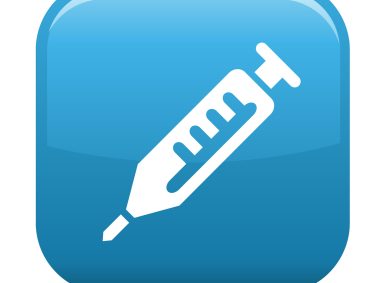Our Blog
Recent data from the Centers for Disease Control and Prevention shows that fentanyl overdose is responsible for 81% of drug overdose deaths in people under the age of 24.
Understanding how addiction functions in the family can help someone better address the needs of their own family.
A recent article from the New York Post has made the argument that COVID-19, government benefits, and addiction are all contributing factors to a low labor participation rate.
Someone who develops a substance use disorder may experience debilitating mental and physical health symptoms.
Researchers have been studying the potential benefits of medications, psychedelics, eye movement, surgery, and more in effectively treating addiction.
Addiction remains a substantial public health burden worldwide, with a strong increase in substance use and mental health issues.
One way to stay in recovery is to keep a sober self-care checklist. By tracking and tending to their own needs, patients can avoid relapse, stay sober, and keep their overall health in check.
Never Alone Recovery founder Austin Wynn was interviewed about Ingrid Andress performing the national anthem while under the influence of alcohol during the Home Run Derby at the MLB All-Star Week.
Countries across the globe have begun adopting progressive policies designed to fight drug and alcohol abuse with a focus on harm reduction rather than criminalization and punishment as the central deterrent.
The earlier you recognize an overdose, the earlier you can help the person who is overdosing and call for medical help.
Employers must make “reasonable accommodations” for attending treatment. For example, they must provide an altered work schedule for appointments or meetings.
Addiction is a chronic, relapsing disorder characterized by compulsive substance seeking and use, regardless of the consequences.











